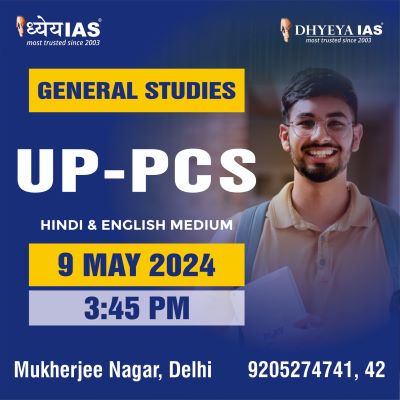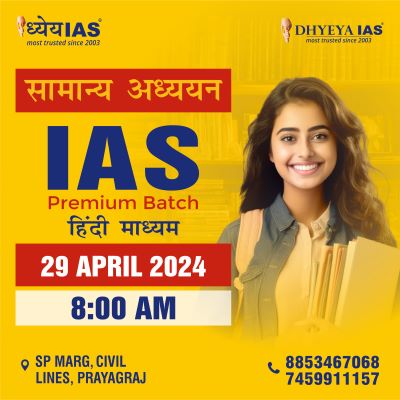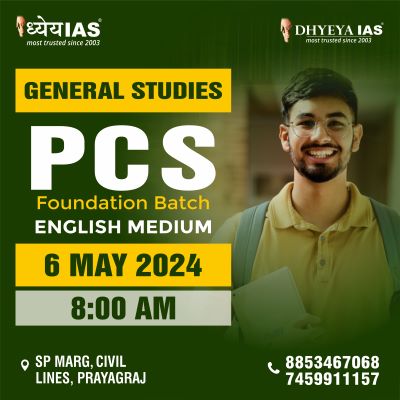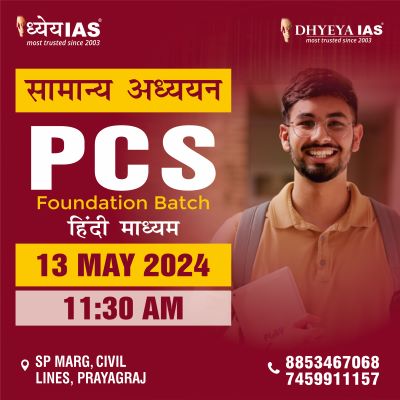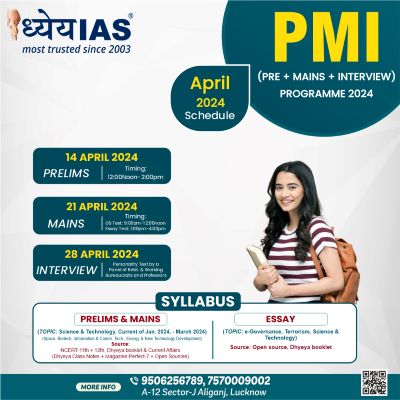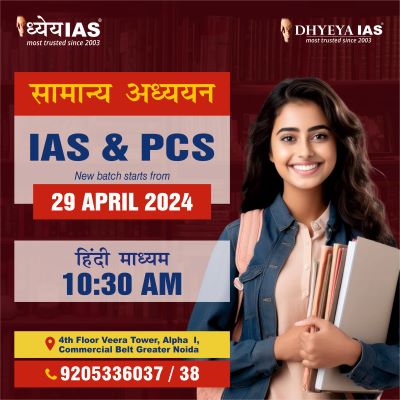Current Affairs Brain Booster for UPSC & State PCS Examination
Topic: AFSPA has extended in Nagaland

Why in News?
- The Ministry of Home Affairs, declared Nagaland as a ‘disturbed area’ for the next six months under the Armed Forces (Special Powers) Act, 1958. The home ministry in its notification said that the ‘use of armed forces in aid of civil power is necessary.”
AFSPA in North East
- Nagaland has been under AFSPA for almost six decades now and it was not withdrawn even after a framework agreement was signed on August 3, 2015, by Naga insurgent group National Socialist Council of Nagaland (Isak Muivah) General Secretary Thuingaleng Muivah and government interlocutor R.N. Ravi in the presence of Prime Minister Narendra Modi.
- It also remains in force in Assam, most of Manipur, and three districts and areas falling under the jurisdiction of four police stations in Arunachal Pradesh.
- The AFSPA gives the military sweeping powers to search and arrest, and to open fire if they deem it necessary for "the maintenance of public order", and to do so with a degree of immunity from prosecution.
- The Armed forces Special Power Act came to an end in the state of Tripura after a time period of 18 years.
AFSPA
- Armed Forces Special Powers Act, 1958 had its roots in the Lord Linlithgow Ordinance 1942 which was enacted to curtail the Quit India movement and Nagaland was one of the first former states to demand the withdrawal of itself from India.
- In simple terms, AFSPA gives armed forces the power to maintain public order in “disturbed areas”.
- If reasonable suspicion exists, the army can also arrest a person without a warrant; enter or search premises without a warrant; and ban the possession of firearms.
- Any person arrested or taken into custody may be handed over to the officer in charge of the nearest police station along with a report detailing the circumstances that led to the arrest.
Disturbed Area
- A disturbed area is one which is declared by notification under Section 3 of the AFSPA.
- An area can be disturbed due to differences or disputes between members of different religious, racial, language or regional groups or castes or communities.
- The Central Government, or the Governor of the State or administrator of the Union Territory can declare the whole or part of the State or Union Territory as a disturbed area.
- As per Section 3, it can be invoked in places where “the use of armed forces in aid of the civil power is necessary”.
- The Ministry of Home Affairs would usually enforce this Act where necessary, but there have been exceptions where the Centre decided to forego its power and leave the decision to the State governments.
Important Rulings
- The Supreme Court in its decision in the case of Naga People’s Movement of Human Rights v Union of India upheld the constitutional validity of AFSPA but laid down certain guidelines in the form of do’s and don’ts.
- In another famous case of Indrajit Barua v The State Of Assam And Anr, where the court found and declared that it is the duty of the state to assure the protection its citizens and their rights guaranteed under Article 21 which is also given to people where the AFSPA is enforced.
- The Committee on Amendments to Criminal Law (popularly referred to as the Justice Verma Committee), 2013 stated that the AFSPA legitimised impunity for sexual violence, and recommended an immediate review of the continuance of the Act 1958 in internal areas of conflict.


